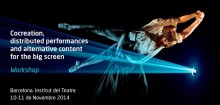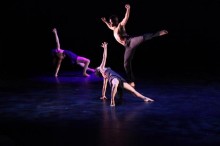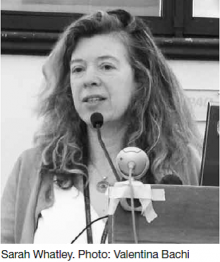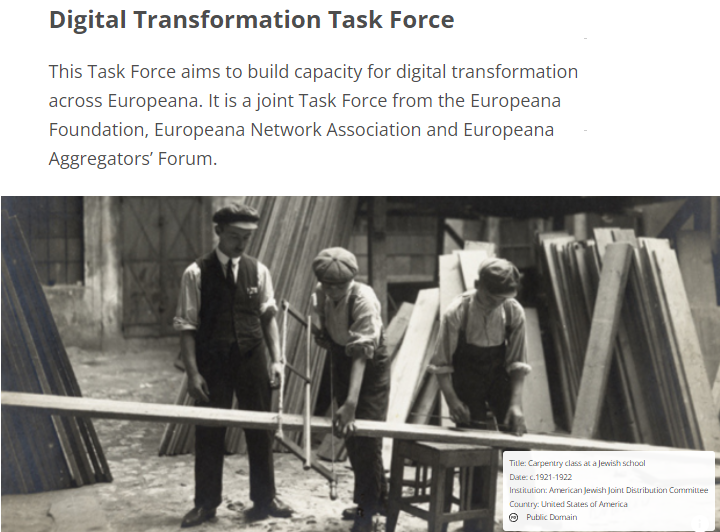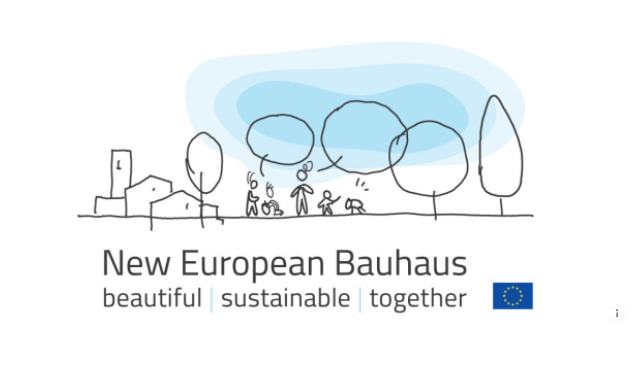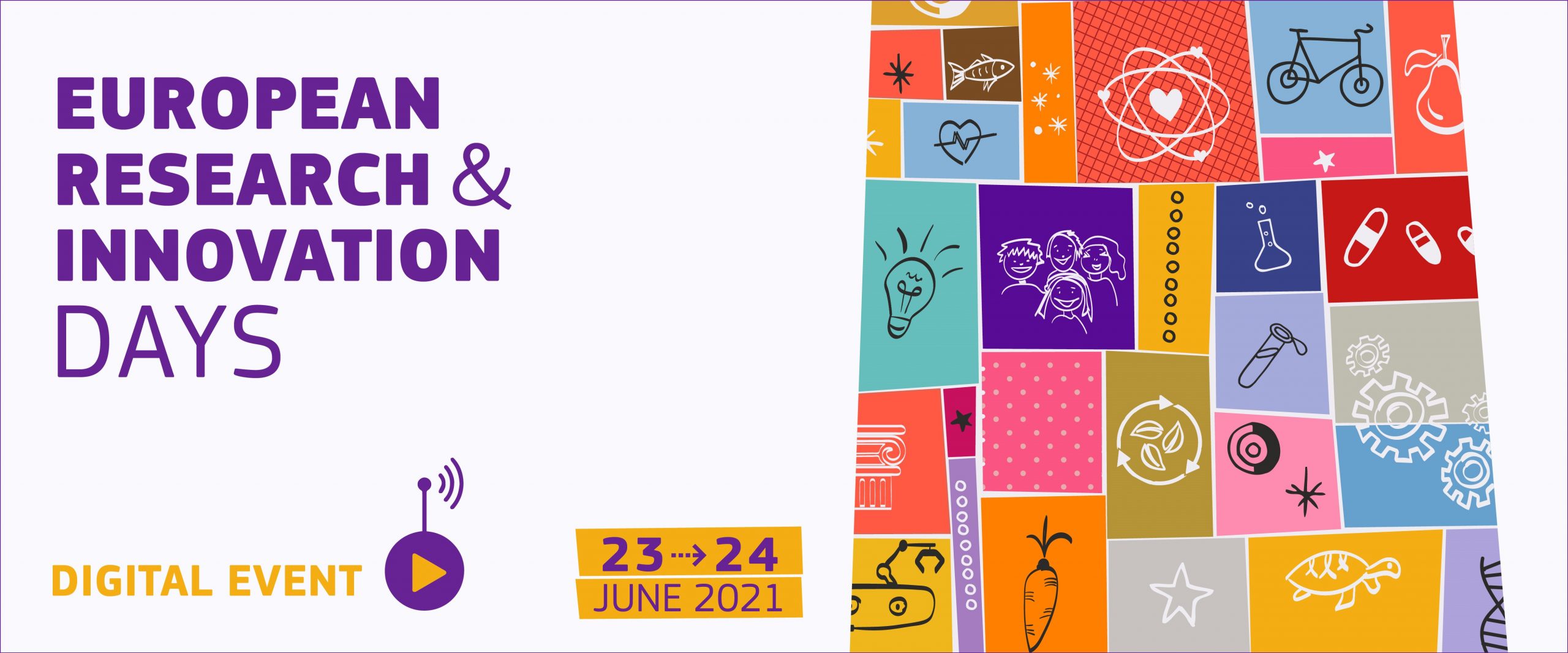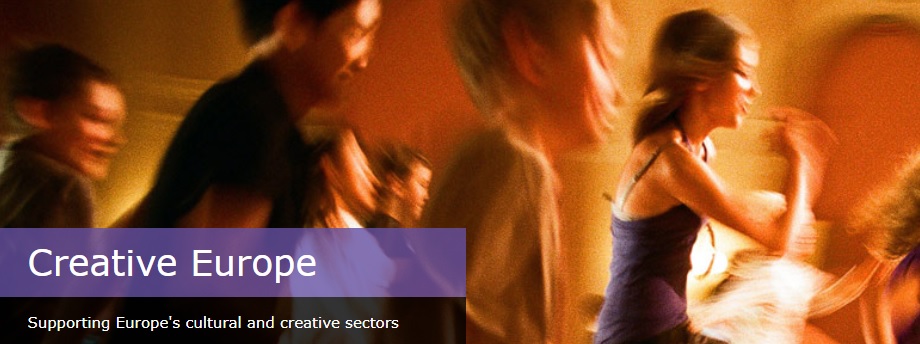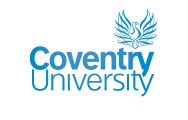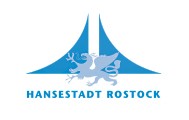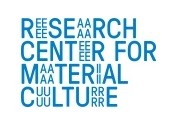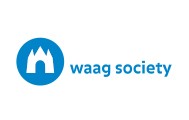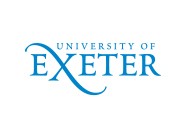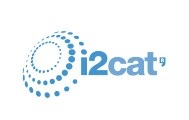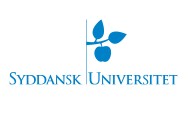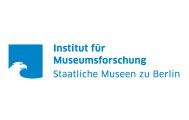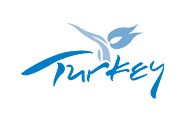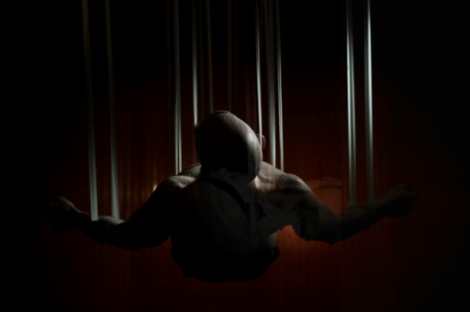 From 15 to 17 May 2014, in Belgium, at the Troubleyn Theater (15-16 May) and the Royal Conservatoire (17 May) of Antwerp, it was held the colloquium Thinking bodies – Moving minds, which is a collaboration between the European platform Labo21, the Research Centre for Visual Poetics of the University of Antwerp and CORPoREAL, the research group of the Royal Conservatoire Antwerpen. The project is supported by the European Commission.
From 15 to 17 May 2014, in Belgium, at the Troubleyn Theater (15-16 May) and the Royal Conservatoire (17 May) of Antwerp, it was held the colloquium Thinking bodies – Moving minds, which is a collaboration between the European platform Labo21, the Research Centre for Visual Poetics of the University of Antwerp and CORPoREAL, the research group of the Royal Conservatoire Antwerpen. The project is supported by the European Commission.
The event was focussed on the theme of performing arts; in the last years this field has witnessed a proliferation of research on artistic practice. Both within the artistic community and in the academic field there is a growing interest in the development of modes of documenting, analysing and archiving the stage-oeuvre and the methodologies of contemporary choreographers, directors and performance artists.
This colloquium aimed to make a current state of this new field of research and to critically reflect the position of artistic research in respect to the artistic practice and the academic field. In doing so it wanted to create new perspectives and enhance the dialogue with other fields of knowledge production.
LABO 21, or the laboratorium of the 21th century, is a European research platform that encompasses and contextualises the research projects on artistic methodologies of Wayne McGregor/Random Dance (UK), ICK Amsterdam (NL), Coventry University (UK), BADco. (HR) and Troubleyn/Jan Fabre (BE).
Despite of the variety of the propositions, the partners share the same objectives. They want to enhance and generate new understandings in performing arts by bringing the knowledge of performance and dance in conjunction with other fields such as cognitive science, biology and technology research, social science and philosophy. Labo21 focuses on interdisciplinary in which each partner brings in his own network and expertise. By bridging the gaps between these different disciplines the projects of Labo21 want to be a free space for performance as well as for the other sciences. LABO21 is funded with support from the European Commission.
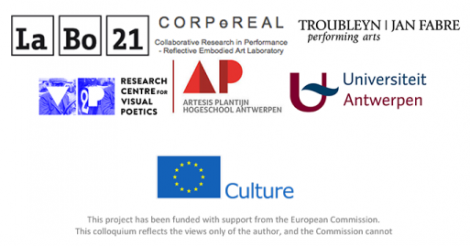 Visual Poetics is a research group in theatre, film and related artistic media at the University of Antwerp, divided in 4 areas of research: performative, intermedial, artist’s and textual poetics.
Visual Poetics is a research group in theatre, film and related artistic media at the University of Antwerp, divided in 4 areas of research: performative, intermedial, artist’s and textual poetics.
CORPoREAL (Kathleen Coessens, Neal Leemput, Niko Raes, Aline Veiga Loureiro, Jan Schacher, Adilia Jip on Ying) is a collaborative interdisciplinary and trans-arts (music-dance-drama) artistic research group at the Conservatoire of Antwerp. CORPoREAL focusses upon embodied and sensorial interaction and knowledge in performance, investigating the ‘presentness’ of the artistic body in performance as the pivotal point, the point of oscillation that allows for the artistic act/work. The different artist researchers of CORPoREAL share, communicate and elaborate their experience and knowledge in dialogue and from their own diverse perspectives.
For more information visit:
http://troubleynjanfabre.tumblr.com/
 RICHES on Twitter: #richesEU
RICHES on Twitter: #richesEU
RICHES on YouTube: www.youtube.com/richesEU



